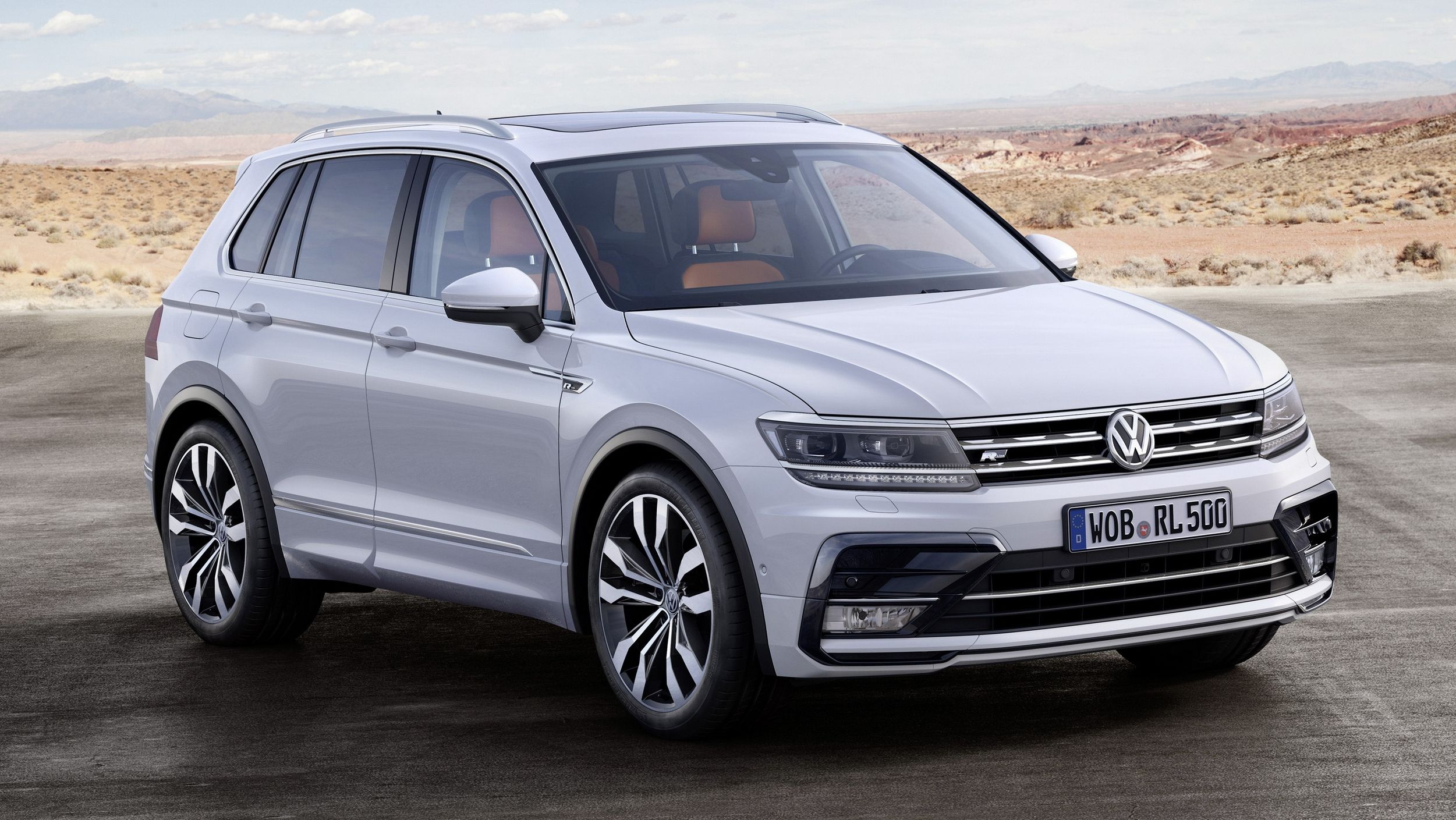Volkswagen CEO Matthias Muller calls it the “biggest change process in Volkswagen’s history” and, from the scope of the company’s “TOGETHER - Strategy 2025,” the words "biggest change process" might be understating it a little. There are a number of items in the new long-term strategy that stand out, with two of the most significant involving electrification and autonomous driving technology.
According to Volkswagen, electric vehicles will be a huge part of its brand moving forward. It’s even set an objective to launch more than 30 new electric cars by 2025 as part of a bigger goal to sell two to three million EVs on an annual basis. The company’s target is important to take note of because if Volkswagen is successful in reaching its goal, it would represent close to a quarter of its total sales volume.
An equally bold plan is being laid out for autonomous driving technology, which Volkswagen described as another “key issue” in the transformation of its core business. Fitting its status as one of the world’s biggest automakers, VW plans to have autonomous driving vehicles for all relevant segments, and it will pursue this goal by developing an in-house autonomous driving system with a goal of hitting the market at the start of the next decade. This plan calls for investments in the technology that will cost VW billions, and even though it’s still struggling with the fallout from the emissions cheating scandal, it’s still well-equipped to handle the massive costs of going all-in on autonomous driving technology.
Far less ambitious and something for the short term is the automotive giant’s plan to fit its existing gasoline engines with a particulate filter that’s designed to cut particulate emissions by as much as 90 percent. Beginning in June 2017, the Audi A5 and the Volkswagen Tiguan will be the first models to receive the filter. In the long term, Volkswagen plans to use this technology on around seven million units sold annually by 2022.
Continue reading for the full story.
Why it matters
In addition to what has already been mentioned, it’s important to note that Volkswagen is also making the development of battery technology one of its priorities, citing it as the key towards establishing the company as a leader in electric vehicles. According to Muller, the company would need “150 gigawatt hours of battery capacity by 2025 for our own e-fleet alone – which would make for a massive procurement volume.”
For what it’s worth, Volkswagen is well-equipped to handle the strategy it’s laying out, so even if all of this sounds far-reaching for other automakers, I think Volkswagen can pull it off if puts itself in the right position to do it. That in itself is the problem with Volkswagen. It’s got the resources and the capability that very few other automakers have. But, as the diesel scandal showed, none of those resources matter if the automaker will just take shortcuts, and illegal ones at that.
If VW really wants to accomplish the plans it laid out for the next decade, it needs to do it by the book, free of any underhanded dealings. History may suggest otherwise, but in any event, here’s to hoping that Volkswagen has really learned its lesson.

